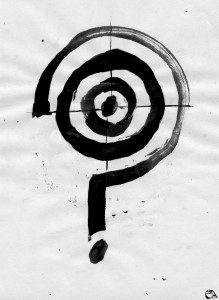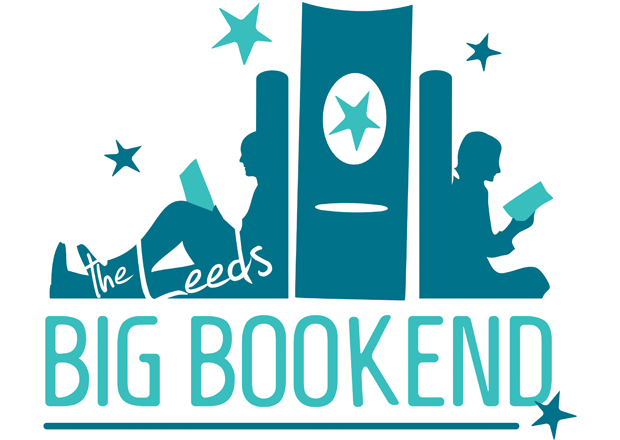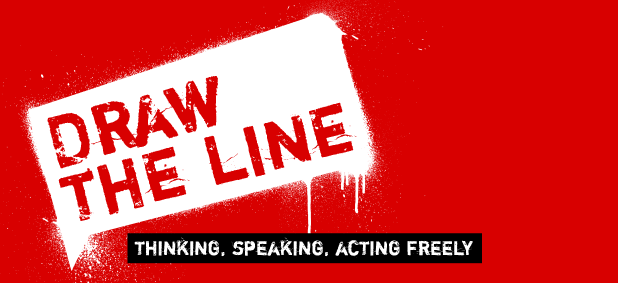19 Nov 2020 | News and features, Religion and Culture, Spain
[vc_row][vc_column][vc_column_text]

Nymphadora Tonks, played by Natalia Tena
In the latest episode of Index on Censorship’s What the Fuck!? podcast, associate editor Mark Frary talks to actor Natalia Tena, known for playing Nymphadora Tonks in the Harry Potter movies as well as Lana Pierce in the YouTube science fiction series Origin and Osha in Game of Thrones.
Tena talks about how she became aware of female genital cutting, a practice that affects more than 200 million girls and women around the world, after reading Ayaan Hirsi Ali’s book Infidel:My Life.
She talks about why she has been walking the Santiago de Camino to fundraise for The Orchid Project and her favourite swear words in English and Spanish.
Index on Censorship’s What the Fuck!? podcast invites politicians, activists, journalists and celebrities to talk about the worst things going on in the world, why you should care and why you should swear. Listen to the launch episode with British artist Alison Jackson, famous for her fake photos of politicians and the royal family as she talks about the phenomenon of Donald Trump.
[/vc_column_text][/vc_column][/vc_row]
8 May 2017 | About Index
[vc_row][vc_column][vc_column_text]

A drawing by French cartoonist t0ad
Adopted and proclaimed on 10 December 1948 by the General Assembly of the United Nations, the Universal Declaration of Human Rights contains 30 articles that have been embedded in international treaties, national constitutions and other laws. The declaration is one of the cornerstones of the International Bill of Human Rights, which became law in 1976.
The full declaration sets out the basic rights all people should enjoy and expect from their governments and other governments. Though the declaration is often ignored, it represents the ideal that the world’s government should strive to meet.
Article 18 and Article 19 deal with freedom of thought and freedom of expression most directly, though other articles also reference these fundamental rights.
Article 18 of the Universal Declaration of Human Rights
Everyone has the right to freedom of thought, conscience and religion; this right includes freedom to change his religion or belief, and freedom, either alone or in community with others and in public or private, to manifest his religion or belief in teaching, practice, worship and observance.
Article 19 of the Universal Declaration of Human Rights
Everyone has the right to freedom of opinion and expression; this right includes freedom to hold opinions without interference and to seek, receive and impart information and ideas through any media and regardless of frontiers.[/vc_column_text][/vc_column][/vc_row][vc_row][vc_column][vc_custom_heading text=”Subscribe to the Index newsletters” font_container=”tag:h3|text_align:left” use_theme_fonts=”yes”][vc_separator color=”black”][/vc_column][/vc_row][vc_row][vc_column width=”1/2″][vc_column_text]
Index on Censorship is a nonprofit that defends people’s freedom to express themselves without fear of harm or persecution. We fight censorship around the world.
To find out more about Index on Censorship and our work protecting free expression, join our mailing list to receive our weekly newsletter, monthly events email and periodic updates about our projects and campaigns. See a sample of what you can expect here.
Index on Censorship will not share, sell or transfer your personal information with third parties. You may may unsubscribe at any time. To learn more about how we process your personal information, read our privacy policy.
You will receive an email asking you to confirm your subscription to the weekly newsletter, monthly events roundup and periodic updates about our projects and campaigns.
[/vc_column_text][/vc_column][vc_column width=”1/2″][gravityform id=”20″ title=”false” description=”false” ajax=”false”][/vc_column][/vc_row][vc_row][vc_column][vc_separator color=”black”][/vc_column][/vc_row][vc_row][vc_column][vc_custom_heading text=”More information about freedom of expression” font_container=”tag:h2|font_size:26|text_align:left” use_theme_fonts=”yes”][vc_column_text]Why is free speech important? Freedom of expression is a fundamental human right. It reinforces all other human rights, allowing society to develop and progress. The ability to express our opinion and speak freely is essential to bring about change in society.
Why is access to freedom of expression important? All over the world today, both in developing and developed states, liberal democracies and less free societies, there are groups who struggle to gain full access to freedom of expression for a wide range of reasons including poverty, discrimination and cultural pressures. While attention is often, rightly, focused on the damaging impact discrimination or poverty can have on people’s lives, the impact such problems have on free expression is less rarely addressed.[/vc_column_text][/vc_column][/vc_row]
10 Apr 2015 | Events, mobile

Index on Censorship magazine are holding a big debate, in partnership with the Leeds Big Bookend festival.
Does freedom of religion and freedom of speech come as a package or can you pick and choose? Do those people who suggest freedom of expression should be “civilised” and that we should be wary of causing offence to people’s religious sensibilities have a point? Or is the world full of offended people and any idea of holding back ends up with us not being able to talk about important issues?
Panellists: Anthony Clavane, playwright, journalist and author of Promised Land and Sunday Mirror sports journalist: A Northern Love Story; Chris Bond, journalist with the Yorkshire Post; Chief Imam Qari Muhammad Asim MBE of Leeds Makkah Masjid; Rachael Jolley, editor of the Index on Censorship magazine
WHEN: Wednesday 10th June 2015, 6.30pm
WHERE: Waterstones, Albion Street, Leeds
TICKETS: £3 / available here
12 Jan 2015 | Draw the Line, Young Writers / Artists Programme

“We want to laugh at the extremists – every extremist. They can be Muslim, Jewish, Catholic. Everyone can be religious but extremist thoughts and acts we cannot accept,” Laurent Léger, a journalist at Charlie Hebdo–a satirical magazine where an extremist attack killed 12 people on Wednesday—told BFM-TV in 2012. Some weeks ago, a violent extremist attack also killed three people in Sydney. In 2011, Anders Breivik killed 77 people in a terrorist attack in Norway. During the late 20th century, the conflict between Catholics and Protestants also claimed the lives of thousands in Northern Ireland. The list of conflicts goes on.
Religious extremism is one of the greatest challenges facing society in the 21st century. Many world conflicts are closely linked to restrictions on religious freedoms. These horrific attacks will continue until there is an understanding of how important it is for people to be free to believe and practice their religion.
Religious freedom is enshrined in Article 18 of the Universal Declaration of Human Rights. We have the right to change religion or belief. We have the right to pray in private or public. We have the right to teach about our religion, but we can only keep these rights if we do not give in to religious discrimination, such as Islamophobia, Anti-Semitism or even discrimination against atheists.
On the #IndexDrawtheLine Twitter feed, some readers emphasised the importance of institutions in countering religious extremism. @KayRobinson thinks that institutions should adopt a secular law but “hold an authentic respect for religious values.” Organisations, such as governments, have to effectively counter extremism but society also has a responsibility. We have to support the values of religious freedom, and to ensure people expressing a range of differing views and values are not silenced.
This article was published on 12 January 2015 at indexoncensorship.org




